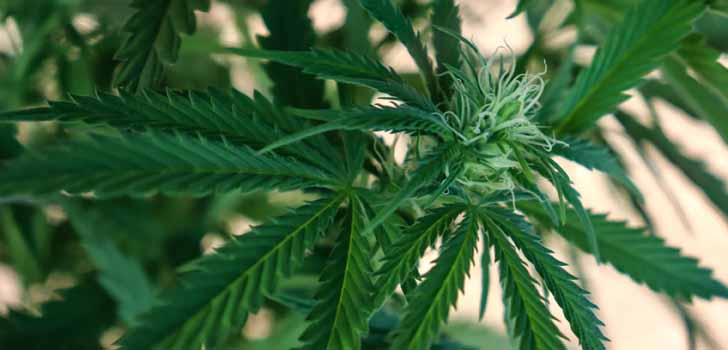In response to practices at illegal cannabis grows, California lawmakers have introduced a bill that targets banned pesticide use on federal lands.
On Monday, Representatives Scott Peters (CA-52) and Doug LaMalfa (CA-01) introduced the Targeting and Offsetting Existing Illegal Contaminants (TOXIC) Act.
A series of investigative stories by J.W. August wrote in the Times of San Diego inspired the bill.
Even amid increased legalization, illicit cannabis growing operations continue to operate and use caustic chemicals to protect crops.
According to a Representative Peters press release, even small amounts of banned pesticides can be deadly for consumers.
The pesticides also pose a health risk for United States Forest Service agents, who must physically remove cannabis plants when they find them.
“Illegal marijuana grows have brought dangerous cartels into our rural towns, terrorizing residents and decimating our landscape,” says Representative LeMalfa. “The banned pesticides they use on their product seep into the soil and watershed, poisoning wildlife and endangering residents who inadvertently consume it. Everyone; outdoor enthusiasts, nearby residents on their own land, wildlife, Forest Service, and law enforcement personnel are all at risk.”
Representative LeMalfa says the TOXIC Act is necessary to criminalize people who damage public land with chemicals and help remedy their environmental impacts.
Increased Penalties
Representative Peters says the TOXIC Act rectifies environmental damage from banned pesticides and guarantees strict penalties for anyone who uses them.
The Toxic Act would allot $250 million over five years to the Forest Service to fix pesticide environmental damage by cannabis cultivation on federal land.
The bill would also raise criminal penalties for using banned pesticides in illegal cannabis cultivation to 20 years in prison and $250,000 in fines.
Raising the penalties would establish parity with punishment for smuggling banned pesticides into the United States.
Under the TOXIC Act, the United States Sentencing Commission would review and update sentencing guidelines for banned pesticide use.
“Our wildlife, habitat, and public health pay the price for the actions of illegal cannabis growers who often work with drug cartels,” says Representative Peters. “These extremely dangerous and illegal pesticides can harm endangered species like pacific fishers and spotted owls, as well as Forest Service agents and consumers who can be severely sickened by these toxins. The TOXIC Act will direct the federal government to use all available resources to fix the harm caused by banned pesticides smuggled across our southern border and increase penalties for their use on federal lands.”
In 2019, the Department of Justice, Environmental Protection Agency, California Department of Toxic Substances Control, City Attorney’s Office, and Department of Homeland Security members formed the San Diego-based Border Pesticide Initiative.
The group announced in 2021 that it had prosecuted more than 50 defendants and seized more than 1,000 containers of banned pesticides.

